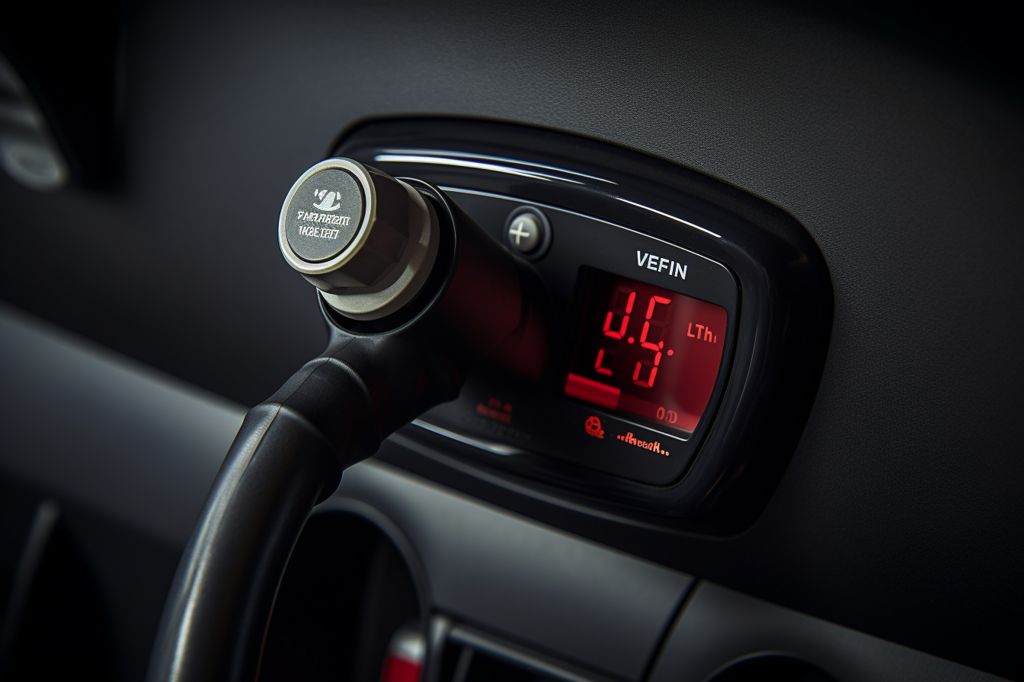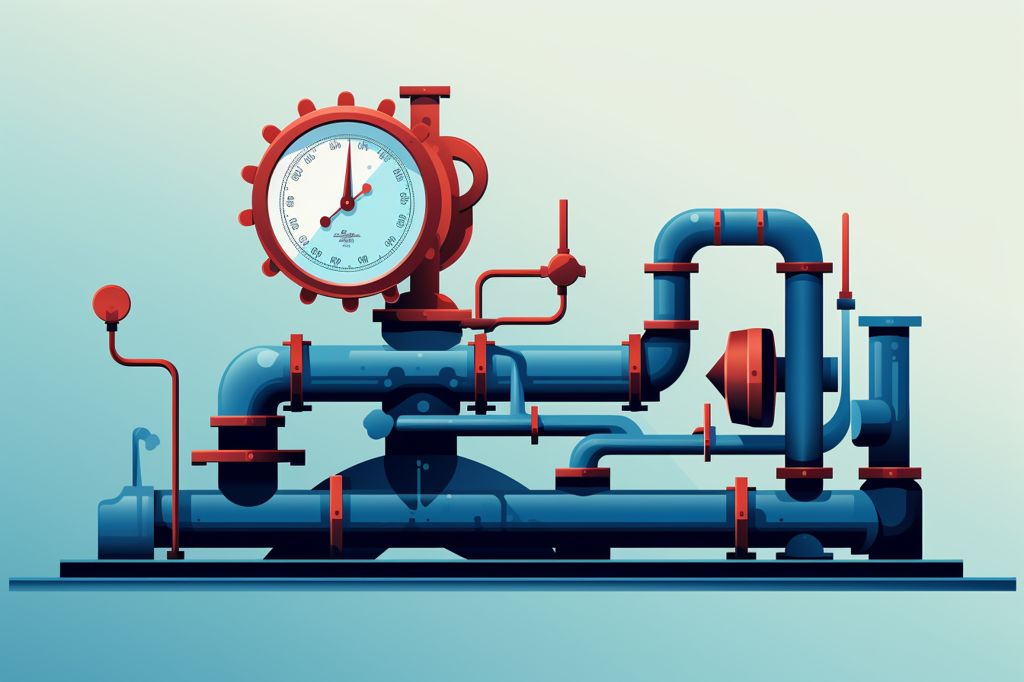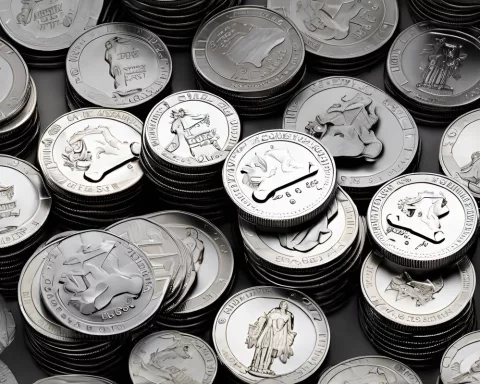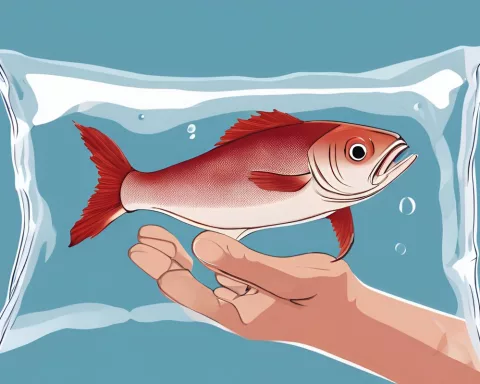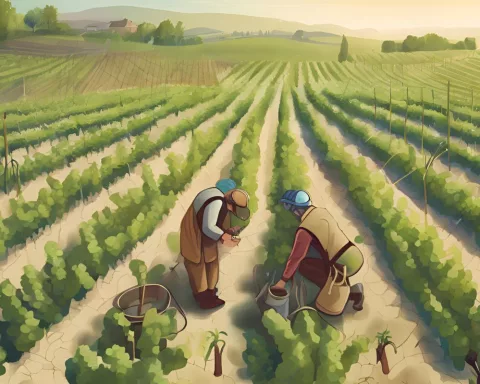Fuel prices in South Africa are set to increase, affecting both individual drivers and the wider economy. Diesel prices will see a substantial increase, and all petrol and diesel grades will exceed the R25 per litre mark. The Central Energy Fund attributes the price increases to various international factors, including rising petrol costs and the strength of the rand against the US dollar. South African motorists may consider looking into more fuel-efficient vehicles to lessen the impact of these price hikes on their budgets.
South African motorists are bracing themselves for fuel prices to skyrocket, as petrol and diesel prices are set for substantial increases. This situation affects various sectors, from individual drivers to the wider economy, and is linked to numerous global factors. A closer look at the impending price hikes and the forces driving them reveals the intricacies of the fuel industry and the challenges faced by South African consumers.
Imminent Fuel Price Hikes: A Breakdown of the Numbers
Drivers in South Africa have limited time to fill their tanks before significant fuel price increases occur. While petrol prices are also rising, diesel prices will face a more considerable jump. The retail price of 93 unleaded petrol will increase by R1.08 per litre, while that of 95 unleaded petrol will go up by R1.14 per litre. Moreover, illuminating paraffin users will see a price increase of R2.02 per litre.
As a result, the prices of all petrol and diesel grades will exceed the R25 per litre mark inland and surpass R24 per litre along the coast. The following fuel prices are expected for October:
Coastal fuel prices:
– 95 unleaded petrol: R24.96
– Diesel 0.05%: R24.30
– Diesel 0.005%: R24.52
Inland fuel prices:
– 93 unleaded petrol: R25.22
– 95 unleaded petrol: R25.68
– Diesel 0.05%: R25.02
– Diesel 0.005%: R25.22
Global Factors Influencing the Price Hikes
The Central Energy Fund (CEF) attributes the impending fuel price increases to various international factors, particularly rising petrol costs and the strength of the rand against the US dollar. The fact that these factors are global in nature means that South African motorists aren’t the only ones grappling with escalating fuel prices. However, the scale of the price hikes in South Africa highlights the country’s unique vulnerability to such developments.
Effects on South African Motorists and the Wider Economy
With fuel prices on the rise, South African motorists face the daunting task of paying more to keep their vehicles on the road. This issue affects not only individual drivers, but also several sectors of the South African economy. Higher fuel prices result in increased transportation costs, which subsequently impact the prices of goods and services. Consumers ultimately suffer from these price hikes, as they struggle to balance their budgets in the face of a rising cost of living.
In response to these challenges, South African motorists may consider looking into more fuel-efficient vehicles. A range of affordable cars under R100,000 are available in Cape Town and its surrounding areas. By choosing such alternatives, consumers can lessen the blow of steep fuel prices on their budgets.
South African Government Policies: A Contributing Factor?
Although the CEF primarily attributes the fuel price hikes to international factors, it’s worth considering the role that South African government policies may play in worsening the situation. Elements like fuel levies and taxes, as well as the overall management of the country’s energy sector, should not be disregarded when evaluating the causes and potential solutions for this pressing issue.
Adapting to the Future: Strategies for South African Motorists
The looming fuel price increases present a range of challenges for South African motorists and the broader economy. It’s crucial for consumers to stay informed about fuel price fluctuations and the forces driving these trends. With this knowledge, motorists can make educated decisions about their transportation options, such as selecting more fuel-efficient vehicles or exploring alternative modes of transport.
While the South African government and international developments play key roles in determining fuel prices, motorists can take proactive steps to diminish the impact of these increases on their lives. By seeking out cost-effective vehicles and adopting fuel-saving techniques, South African drivers can confidently and resiliently navigate the ever-changing landscape of the fuel industry.
What is the reason for the imminent fuel price hikes in South Africa?
The Central Energy Fund attributes the impending fuel price increases to various international factors, particularly rising petrol costs and the strength of the rand against the US dollar.
Which type of fuel will see a more considerable price increase in South Africa?
Diesel prices will see a substantial increase, compared to petrol prices, affecting the budgets of drivers who use diesel vehicles.
What will be the prices of all petrol and diesel grades in South Africa after the price increases?
The retail prices of all petrol and diesel grades will exceed the R25 per litre mark inland and surpass R24 per litre along the coast.
How will the fuel price hikes affect the South African economy?
Higher fuel prices result in increased transportation costs, which subsequently impact the prices of goods and services. Consumers ultimately suffer from these price hikes, as they struggle to balance their budgets in the face of a rising cost of living.
What options do South African motorists have to lessen the impact of the fuel price hikes on their budgets?
South African motorists may consider looking into more fuel-efficient vehicles to lessen the impact of these price hikes on their budgets. A range of affordable cars under R100,000 are available in Cape Town and its surrounding areas.
Is the South African government policy a contributing factor to the fuel price hikes?
Although the Central Energy Fund primarily attributes the fuel price hikes to international factors, it’s worth considering the role that South African government policies may play in worsening the situation. Elements like fuel levies and taxes, as well as the overall management of the country’s energy sector, should not be disregarded when evaluating the causes and potential solutions for this pressing issue.
What strategies can South African motorists adopt to adapt to the future and navigate through the fuel price hikes?
With knowledge about fuel price fluctuations and the forces driving these trends, motorists can make educated decisions about their transportation options, such as selecting more fuel-efficient vehicles or exploring alternative modes of transport. By seeking out cost-effective vehicles and adopting fuel-saving techniques, South African drivers can confidently and resiliently navigate the ever-changing landscape of the fuel industry.
What are the expected fuel prices for October in South Africa?
Coastal: 95 unleaded petrol: R24.96, Diesel 0.05%: R24.30, Diesel 0.005%: R24.52. Inland: 93 unleaded petrol: R25.22, 95 unleaded petrol: R25.68, Diesel 0.05%: R25.02, Diesel 0.005%: R25.22.

